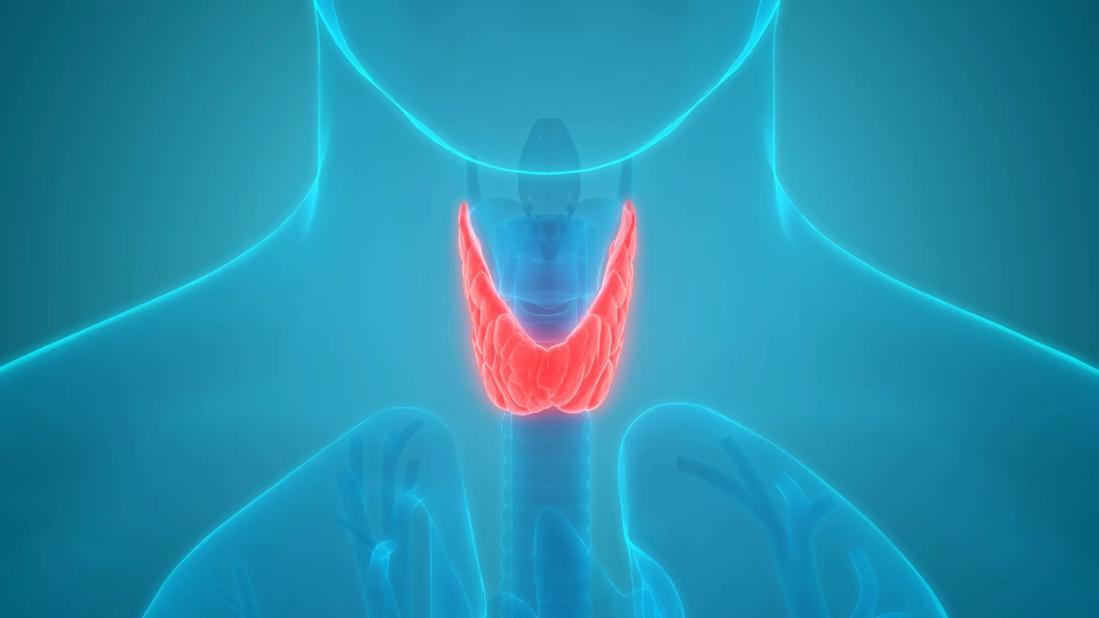The short answer from an endocrinologist

Image content: This image is available to view online.
View image online (https://assets.clevelandclinic.org/transform/90bba3e3-cab7-4b4f-a4d3-c809e17174bc/GettyImages-932297660-scaled_jpg)
What’s the Difference Between Hypothyroidism and Hyperthyroidism?
A: Hypothyroidism is underactivity and hyperthyroidism is overactivity of your thyroid gland.
Advertisement
Cleveland Clinic is a non-profit academic medical center. Advertising on our site helps support our mission. We do not endorse non-Cleveland Clinic products or services. Policy
Your thyroid gland affects pretty much every part of your body. The hormones it secretes regulate your metabolism and your ability to tolerate heat or cold. They can change your energy levels and mood, and — if you’re a woman — your periods.
So it’s vital to be sure your thyroid is functioning well. If you’re experiencing any of these symptoms — or if you’re just not feeling like yourself — tell your doctor.
Mention any family history of thyroid conditions, which will put you at much higher risk for developing a thyroid problem.
Your doctor will run some labs to find out whether you might have hypothyroidism, hyperthyroidism or another condition that can be addressed so you feel better.
— Endocrinologist Mary Vouyiouklis-Kellis, MD.
Advertisement

Sign up for our Health Essentials emails for expert guidance on nutrition, fitness, sleep, skin care and more.
Learn more about our editorial process.
Advertisement
Hyperthyroidism can make you feel sluggish and exhausted — but so can other conditions
The truth about natural thyroid symptom relief
How overtreatment for hypothyroidism places you at risk
Most recommended precautions center around minimizing bruising or swelling
Even one drink can have an impact on your cognitive function leading to slurred speech, blurred vision and impaired memory
Understand who may (and may not) benefit
Type 2 diabetes isn’t inevitable with these dietary changes
Applying a hot or cold compress can help with pain
Pump up your iron intake with foods like tuna, tofu and turkey